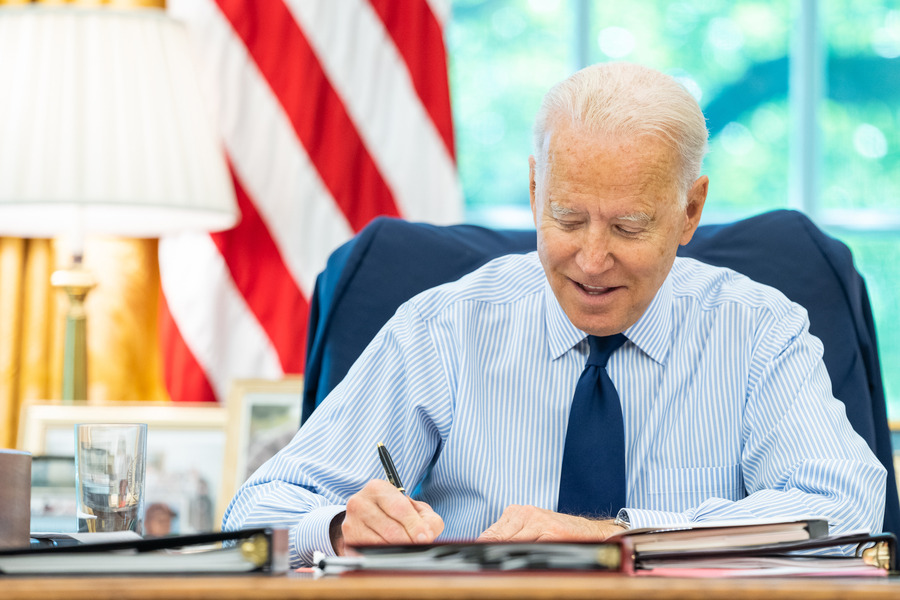The Unanswered Question from Tonight's Presidential Debate
It was on the tip of Schieffer's tongue, and yet nevertheless, the moderator refrained. But what if he had asked the candidates. . . about AE 104, perhaps the most important of the motions under consideration during the upcoming hearing in United States v. Al-Nashiri?
Published by The Lawfare Institute
in Cooperation With

It was on the tip of Schieffer's tongue, and yet nevertheless, the moderator refrained. But what if he had asked the candidates. . . about AE 104, perhaps the most important of the motions under consideration during the upcoming hearing in United States v. Al-Nashiri?
The defense has moved to dismiss the case, arguing that the Convening Authority exceeded his authority in referring the charges. Among other things, the defense claims that, at the time of Al-Nashiri's alleged conduct in Yemen, no hostilities had been declared:
Overview: A military commission can only be created to try offenses that occurred during a time of and in a theater of war. Yet, all that the charges here allege is that Mr. Nashiri is a criminal suspect for crimes that occurred in Yemen in 2000 and 2002. As a matter of well- established constitutional law, whether hostilities should be recognized to exist and whether the laws of war should apply to them are political questions that only the political branches can answer. They are not questions of fact. Because all of the charges in this case predated the political recognition of any conflict and occurred far from any battlefield, the convening order in this case is illegal and this Commission should dismiss all charges with prejudice.The government summarizes its opposition as follows:
Overview. The defense motion to dismiss should be denied for three reasons: (I) whether the offense was committed in the context of and associated with hostilities is a common element of fact that the government must prove at trial; (2) these charges properly were referred because the Convening Authority found reasonable grounds to believe they were committed in the context of and associated with hostilities; and (3) the existence of hostilities is an objective question of fact for the members.
Wells C. Bennett was Managing Editor of Lawfare and a Fellow in National Security Law at the Brookings Institution. Before coming to Brookings, he was an Associate at Arnold & Porter LLP.





